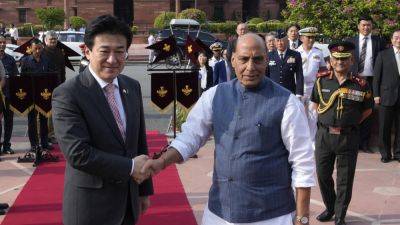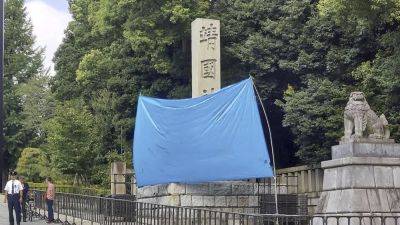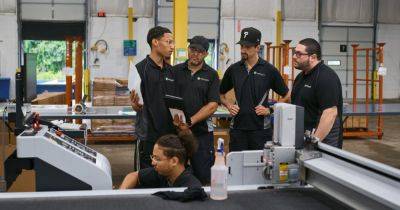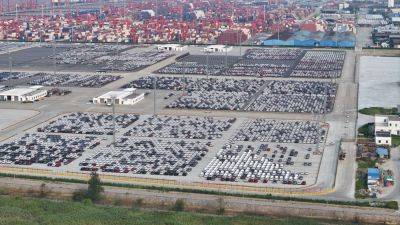The US-China trade war has become a forever war, but at what cost?
Observers may wonder whether the resulting economic headwinds would prevent the US from imposing such high tariffs were Trump to return to the White House. The answer is probably no. History suggests why the government would forge ahead with a policy agenda that would harm average Americans.
02:11
Trump vows high tariffs on China-made cars in his first speech after assassination attempt
The US has always valued being on the technological frontier. After World War I and World War II, when other Allied countries sought land and money as war reparations from Germany, the US focused on securing German patents to boost American innovation. And it worked: access to German intellectual property after World War I significantly increased US patents in organic chemistry, a field in which the Germans were world leaders at the time.
For starters, the Democratic administration of president Jimmy Carter requested that Japanese carmakers build factories in the US. Following that, the Republican administration of president Ronald Reagan imposed 100 per cent tariffs on US$300 million worth of Japanese imports in 1987.
But there are important differences between the two cases. Japan depended entirely on the US for its military defence in the 1980s. American political leaders were therefore confident that any pressure campaign – whether reasonable or not – would ultimately be successful. There is no such assurance with China.
13:04
What does it mean for the world when Chinese consumers tighten their belts?
At a time of huge political uncertainty, one thing is clear: the US government will maintain its aggressive stance towards China, a policy that, as with Japan in the 1980s, has bipartisan support. But while Japan conceded to most of America’s







